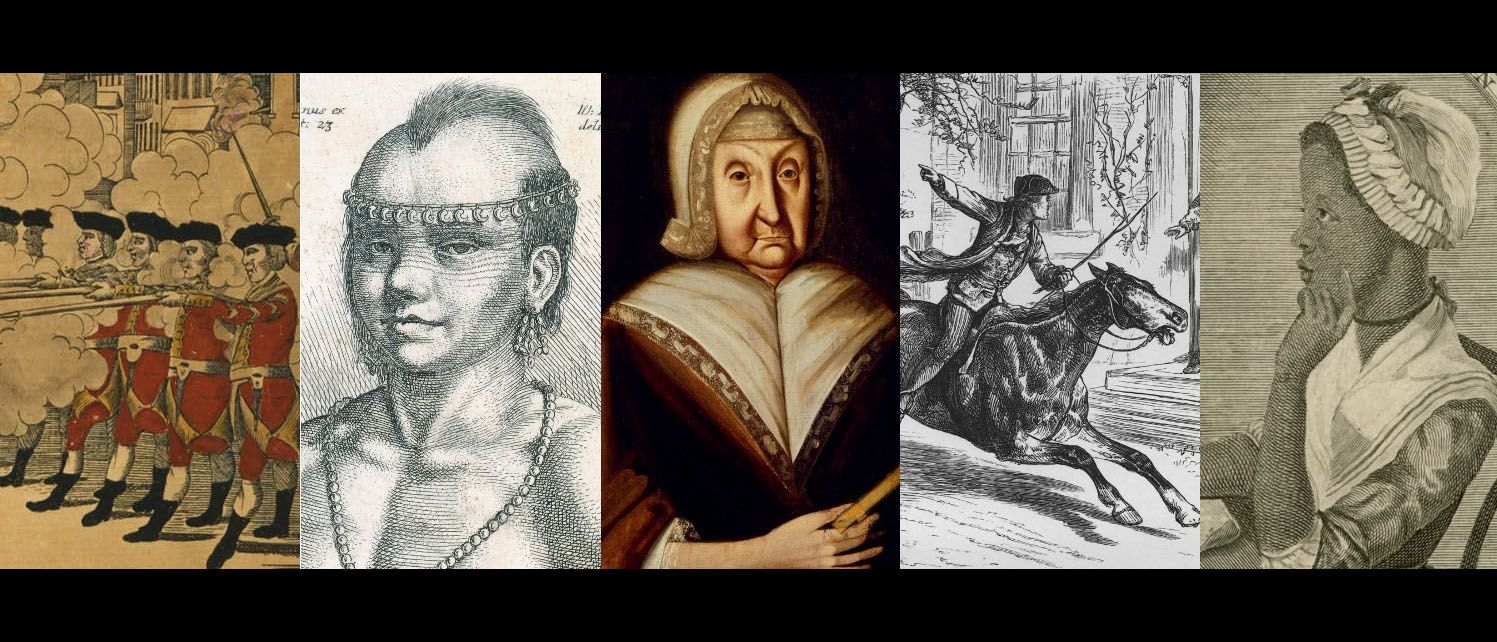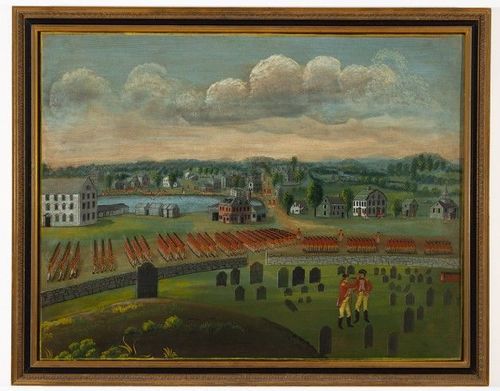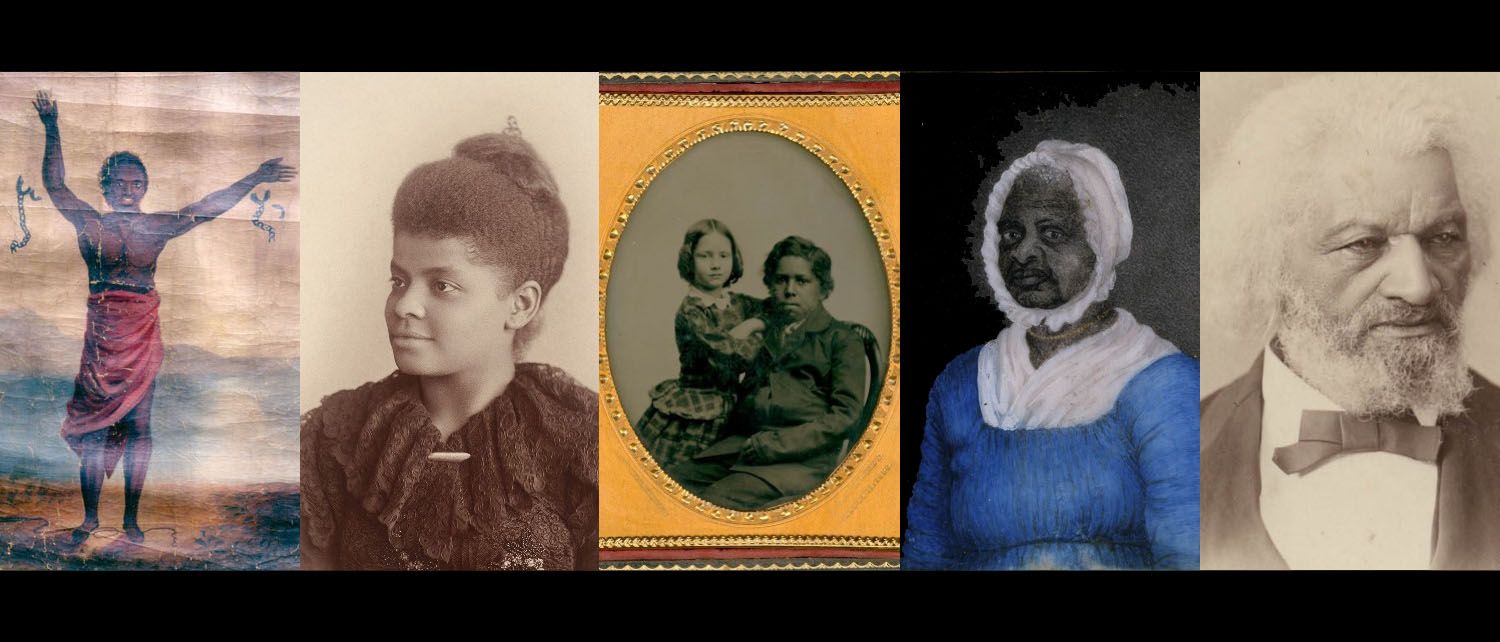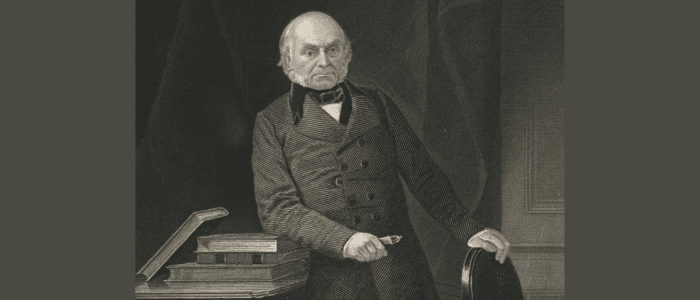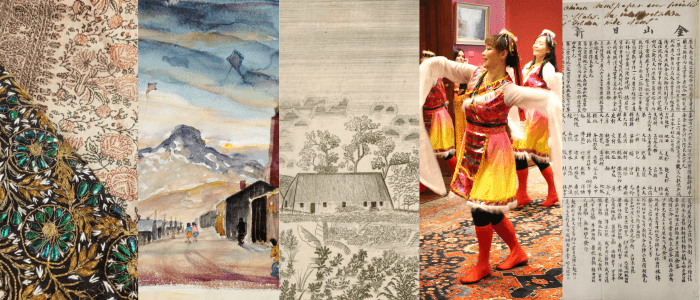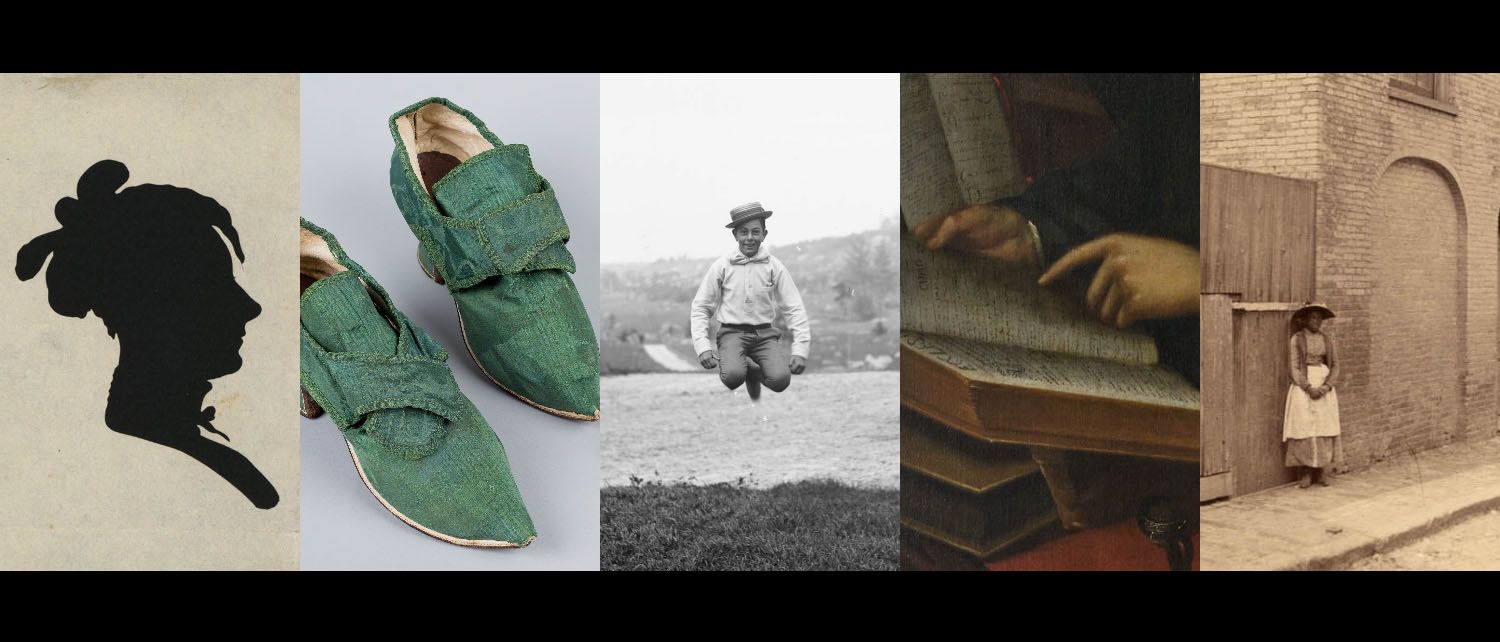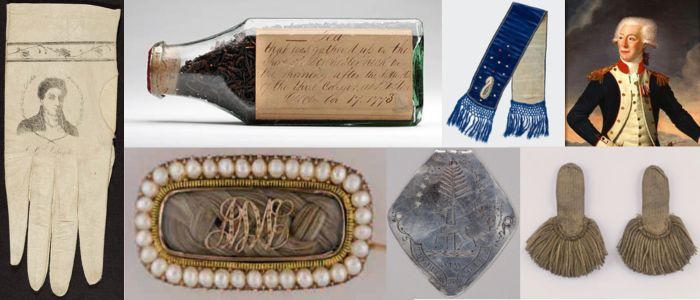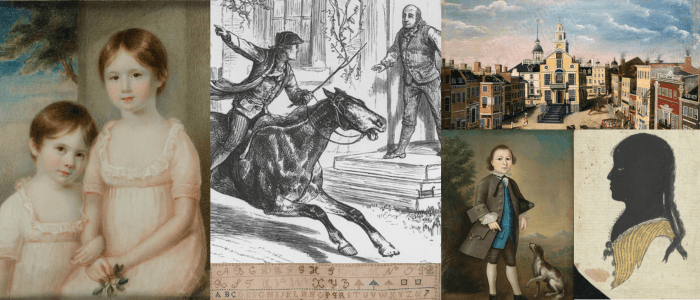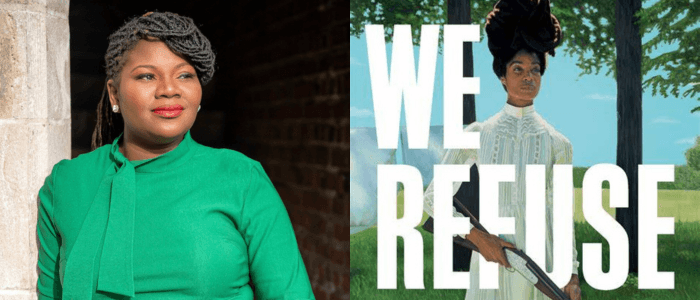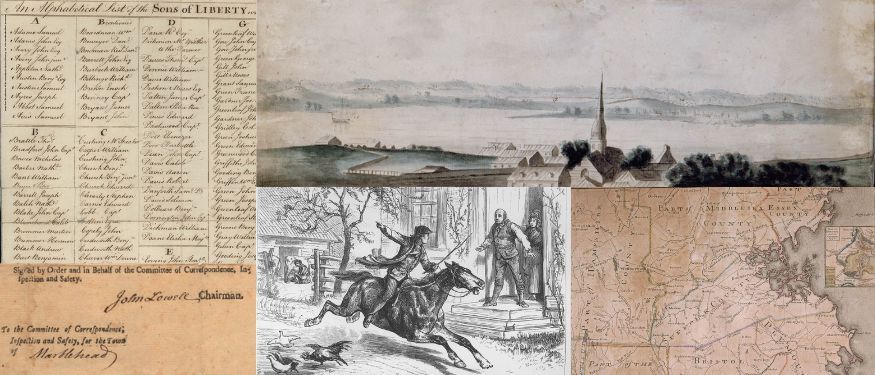Event

This Land is Your Land Series: Private Land
James Levitt, Lincoln Institute of Land Policy; Meg Winslow, Mount Auburn Cemetery; Cindy Brockway, The Trustees; moderated by William Clendaniel
There is a $10 per person fee (no charge for MHS Fellows and Members or EBT cardholders).
Panelists: Panelists: James Levitt, Lincoln Institute of Land Policy; Meg Winslow, Mount Auburn Cemetery; Cindy Brockway, The Trustees; and moderated by William Clendaniel
Some of the early efforts to preserve open space for the physical and spiritual benefits offered by access to nature came from private organizations. Mount Auburn Cemetery was the first large-scale designed landscape open to the public in North America and as such began the rural cemetery movement that later led to public parks. In 1853 the Laurel Hill Association was founded in Stockbridge, inspiring a national Village Improvement Society movement. Later generations have benefited from the first private, statewide conservation and preservation organization, The Trustees of Reservations. Historic New England has saved traditional farms and Mass Audubon and other private organizations preserve and manage open space across the state. How common is this preservation by private organizations? How sustainable is this concept for future generations?
MHS is proud to partner with the Trustees of Reservations, the Department of Conservation and Recreation, Mount Auburn Cemetery, the Emerald Necklace Conservancy, and the Norman B. Leventhal Map Center to plan this programming.
This program is supported by the Barr Foundation.
There will be a pre-talk reception at 5:30
